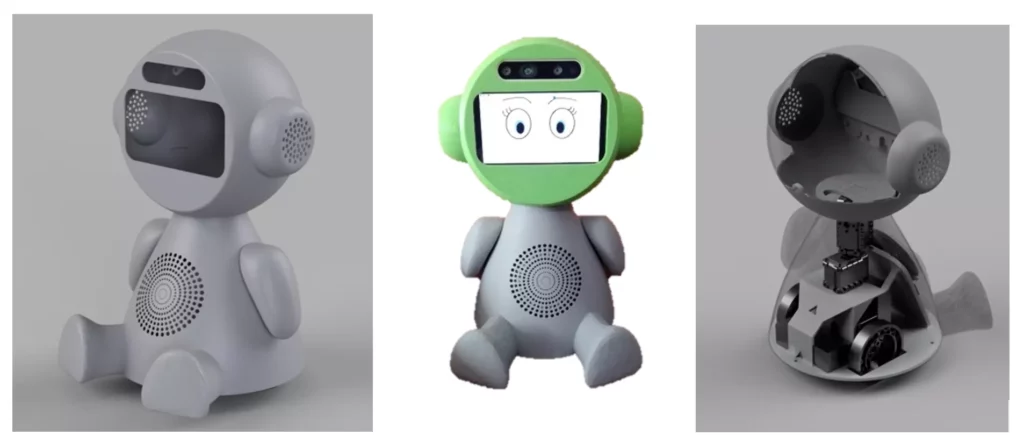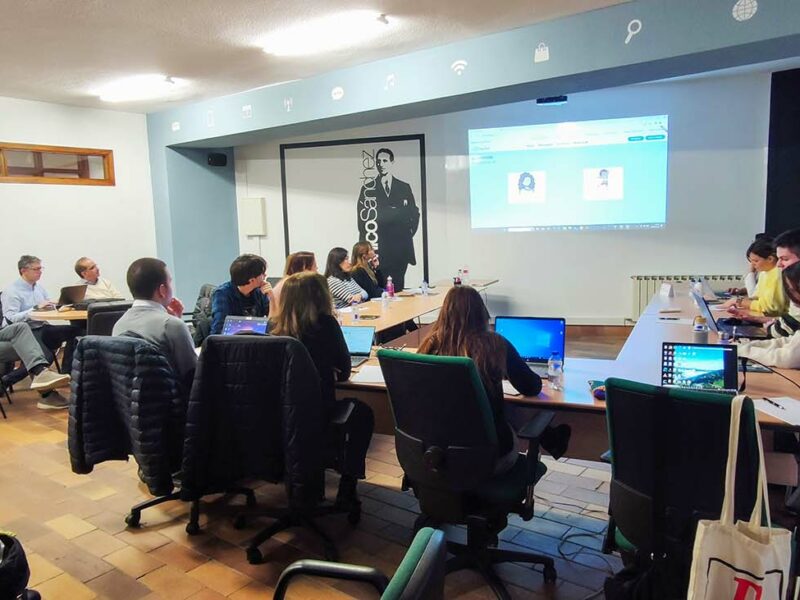Affective robots to help elderly or dependent people
The MAmI research group develops an affective robot capable of acting proactively to help elderly or dependent people.
The project bears the title of “SHARA3: Holistic Assistance System based on Affective and Proactive Robots for the Elderly”. It is one of the best valued proposals in the research projects financed by the Junta de Comunidades de Castilla - La Mancha and which takes place between the years 2022 and 2025. It is led by the professors of the Escuela Superior de Informática, Jesús Fontecha and Ramon Hervas.
This project is part of the collaboration of the mommy group with CICESE (Center for Scientific Research and Higher Education in Ensenada, Baja California), from which the initiative arose, and the group Healthcare Robotics Lab from the University of California at San Diego. A social robot called EVA is being developed from an open and participatory perspective. Until now, the MAmI group has been responsible for improving its 3D design, printing and assembly, as well as improving services related to the naturalness of robot interaction and intelligence, aspects addressed by the researcher Cosmin Dobrescu and the student of the bilingual degree in Computer Engineering Laura Villa.

The financed project aims, from an applied research approach, to contribute to improving the quality of life of the elderly at home through EVA, with important innovations in its proactive nature (the robot must take the initiative and not be a mere passive actor who receives orders, like current assistants) and affective (it must both respond to emotions, with an empathetic attitude, and realistically show a personality and moods). The MAmI research group has been working on interactive agents for the assistance of people with special needs and for diagnosis support for several years. Some examples, with verifiable results, are the use of virtual avatars o sensorized stuffed animals to support emotional management.











